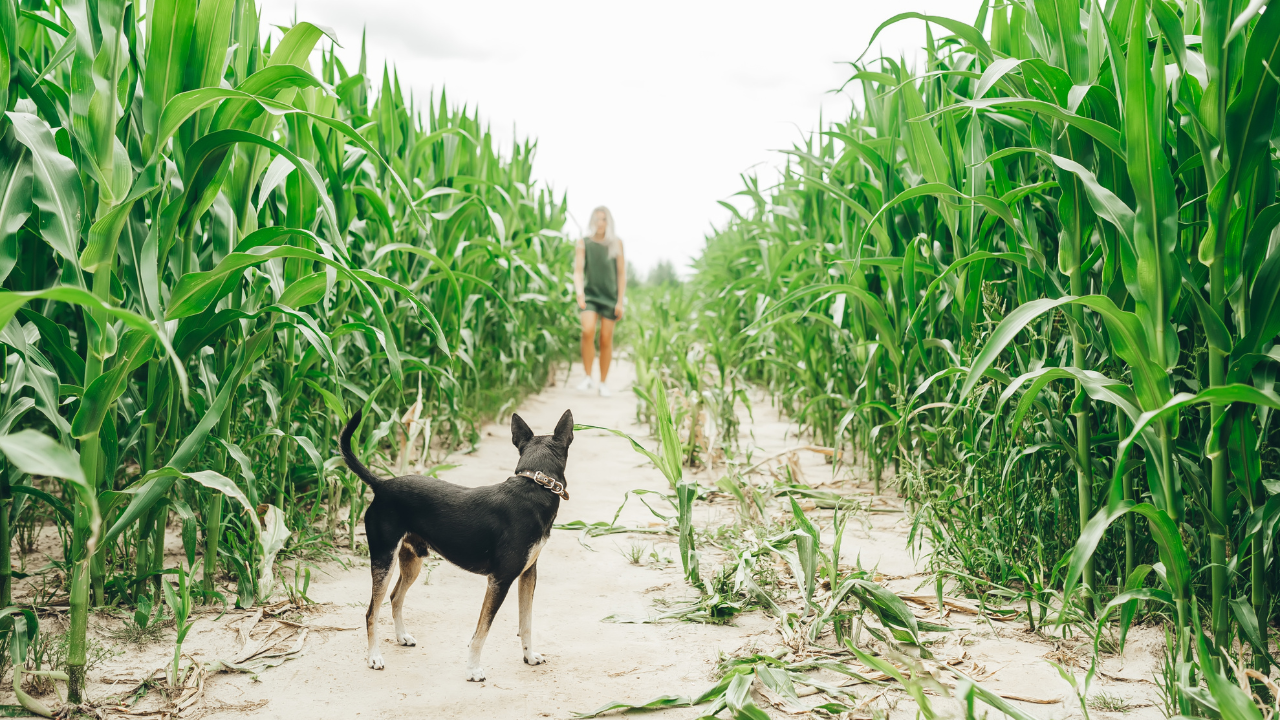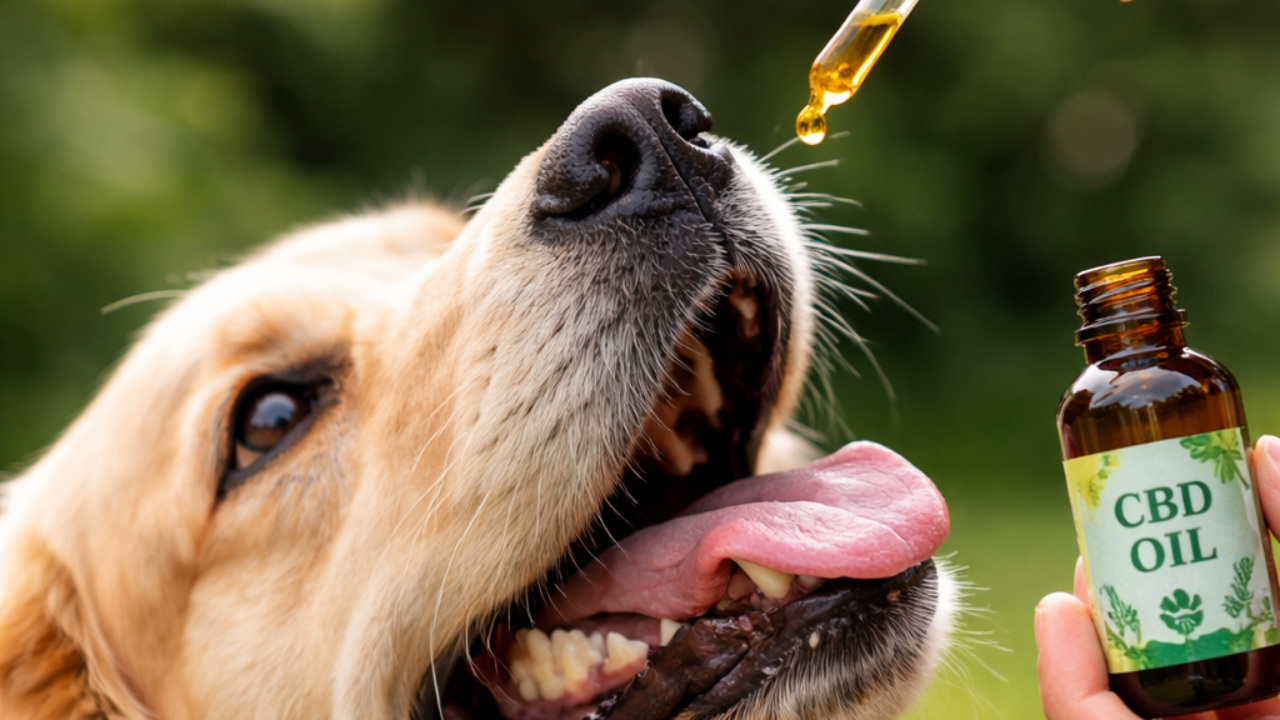Reducing GMOs in Our Dogs' Food
Apr 27, 2024
The conversation around genetically modified organisms—commonly known as GMOs—has long sparked debate in human nutrition. Increasingly, this concern is reaching pet owners who are rethinking what's in their dog's bowl. With many commercial foods using GMO-derived ingredients, questions arise about the potential impact on long-term health—particularly in connection to issues like cancer.
For those seeking to feed their pets more consciously, understanding how GMOs function, where they appear in dog food, and what risks or benefits they carry is an important step in making informed decisions.
Understanding GMOs
Genetically modified organisms are created by altering the DNA of plants or animals in a lab to express certain traits—such as pest resistance, faster growth, or increased yield. In food production, the most common GMO crops include corn, soy, canola, and sugar beets. These crops are frequently used in both human and pet food in the form of cornmeal, soybean oil, or protein isolates.
GMOs in Dog Food
Most commercial dog foods—especially kibble—contain ingredients derived from genetically modified crops. These ingredients are often used for their affordability, stability, and wide availability. While they help manufacturers lower costs, they also bring up questions about safety and long-term health effects for pets.
The Cancer Connection: Do GMOs Increase Risk?
One of the most serious concerns about GMOs is the possibility of an increased cancer risk, though this remains an area of ongoing study and controversy.
A key concern is not the GMO crop itself but the chemicals associated with its cultivation—specifically glyphosate, the active ingredient in the herbicide Roundup, which is widely used on GMO crops like corn and soy. Glyphosate has been classified as a "probable human carcinogen" by the World Health Organization’s International Agency for Research on Cancer (IARC, 2015).
When dogs eat kibble containing GMO corn or soy, they may be indirectly consuming residues of glyphosate, which could accumulate over time. Although conclusive evidence in dogs is limited, this pathway is concerning enough that many pet owners are choosing to avoid GMO ingredients as a precaution.
Studies to consider:
-
Guyton, K.Z., et al. (2015). Carcinogenicity of tetrachlorvinphos, parathion, malathion, diazinon, and glyphosate. The Lancet Oncology, 16(5), 490–491.
https://doi.org/10.1016/S1470-2045(15)70134-8 -
Séralini, G.-E., et al. (2012). Long term toxicity of a Roundup herbicide and a Roundup-tolerant genetically modified maize. Food and Chemical Toxicology, 50(11), 4221–4231.
[Note: This study is controversial and has faced critique and retraction, but it is often cited in discussions about GMO safety.]
While many institutions assert the overall safety of GMOs, emerging concerns about glyphosate exposure and the long-term effects of genetically modified crops in companion animals remain under-researched.
Pros and Cons of GMOs in Dog Food
Possible Benefits:
-
Affordability: GMO ingredients lower manufacturing costs, making food more accessible.
-
Stability: Genetically engineered crops often have longer shelf lives or improved resistance to disease.
Concerns:
-
Health Risks: Beyond cancer, GMO-related issues under investigation include allergies, inflammation, and gut microbiome disruption.
-
Environmental Harm: GMO farming practices may increase pesticide resistance and harm biodiversity.
How to Avoid GMOs in Your Dog’s Diet
If you're looking to reduce your dog's exposure to GMOs and associated chemicals:
-
Look for Non-GMO Labels: Some pet food brands are now clearly labeling their products as GMO-free.
-
Choose Organic: Certified organic pet foods prohibit GMO ingredients and glyphosate use.
-
Talk to a Professional: A veterinarian or pet nutritionist can help guide you toward balanced, non-GMO options tailored to your pet's needs.
A Thoughtful Path Forward
Whether you choose to avoid GMOs or not, the goal is always the same: to provide your dog with the most nourishing, safe, and appropriate diet possible. As with any evolving field of nutrition science, staying informed—and open—is key.
As research continues, it's up to each pet owner to weigh the potential risks and benefits, considering both science and intuition. For some, that means erring on the side of caution and choosing GMO-free. For others, it means focusing on overall diet quality, regardless of GMO content.
Either way, thoughtful choices grounded in awareness and love are what matter most.
Become a Dog Cancer Coach.
Transform your passion for dogs into a meaningful, heart-led career with our Holistic Dog Cancer Coach Certification—an in-depth, flexible online program designed for compassionate caregivers ready to make a difference.
Stay connected with news and updates!
Join our mailing list to receive the latest news and updates from our team.
Don't worry, your information will not be shared.
We hate SPAM. We will never sell your information, for any reason.





